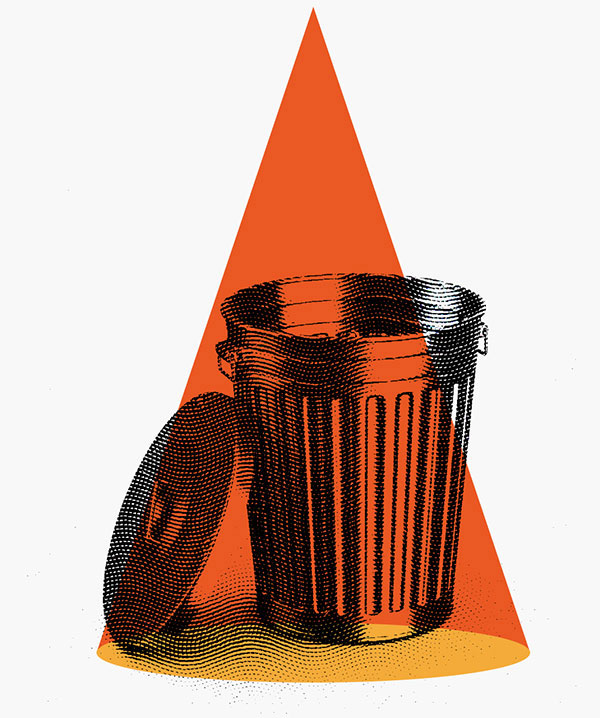What is Context Architecture?
They refuse to experience product journeys differently.
They are fascinated with new products whose journeys are different.
They are brand loyalists who believe that they buy the same products,
at home. And who flirt with new brands at the store.
Users.
Consumers.
A strange gumbo of rationale and irrational decisioning.
Behavioural Economics makes it its business to understand this irrationality. It understands that reducing the time and mental effort it takes to make simple decisions every time we encounter a forked action-path, once was - and still is - imperative to our survival.
Enter, centuries of evolutionary training that taught us our ‘reason’. In the form of biases and heuristics, they make up our mental map and aid our navigation through everyday life. If you look closely, you’ll see that it is rationality that is abnormal. Irrationality is really our standard programming.
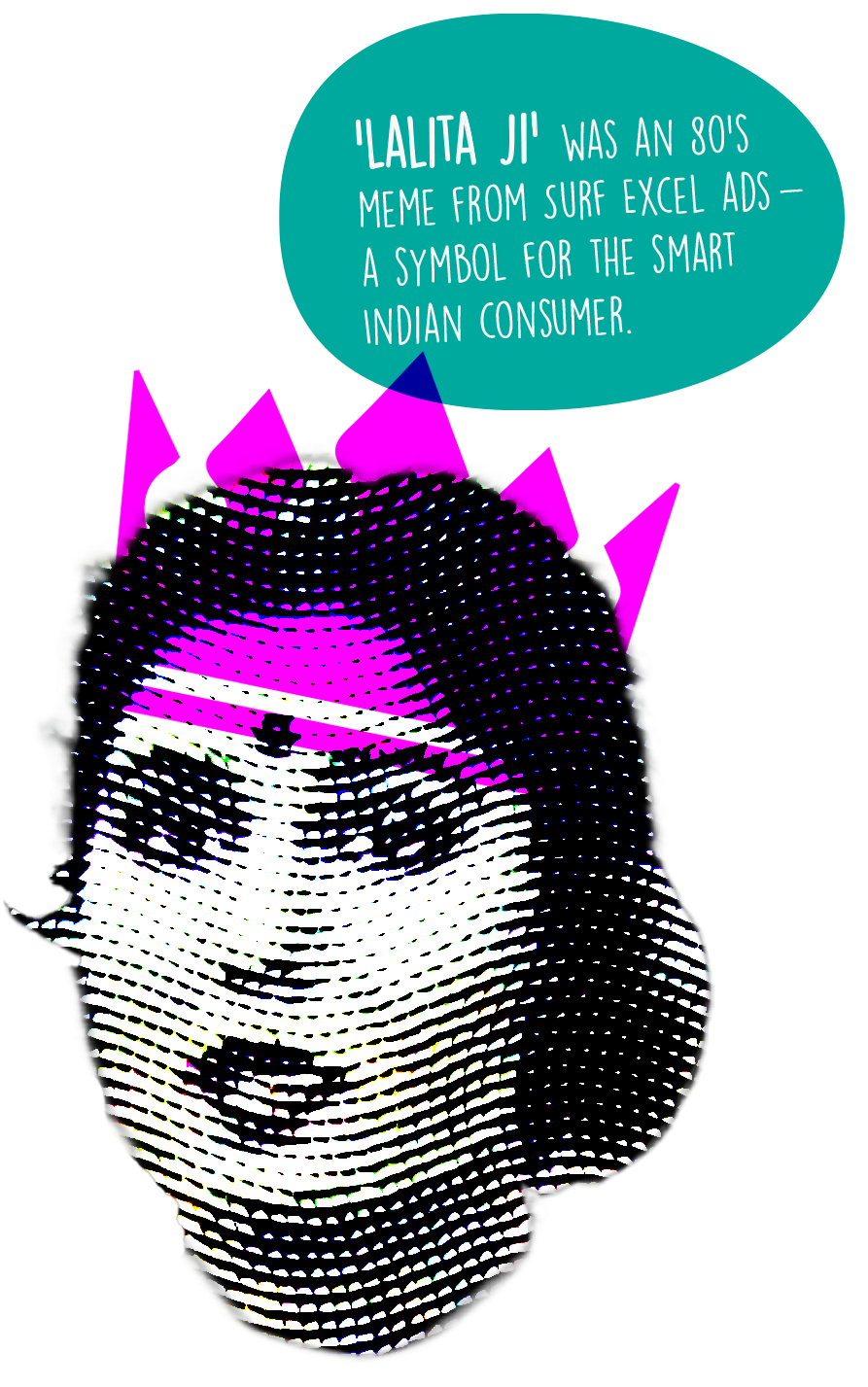
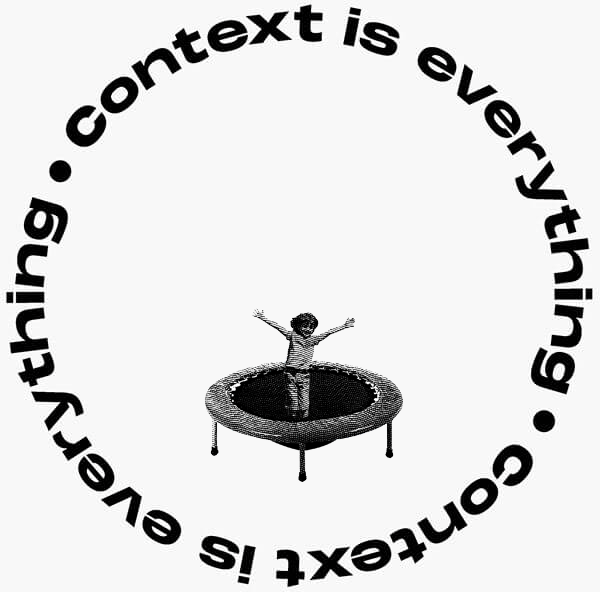
rational
or irrational,
behaviour
is always
just a reaction
to context.
Context
ArchitectureTM
is the science of mapping the elements that stimulate reactions out of us. It is the marriage of many disciplines, distilled into one lens.
Context has many interwoven primary and secondary facets. Once mapped, they reveal unseen triggers and uncover the motivation behind non-conscious decisions.
Here is a look at some of them.
PRIMARY FACETS OF CONTEXT
Collective Memory
Associations and Meaning of the Behaviour
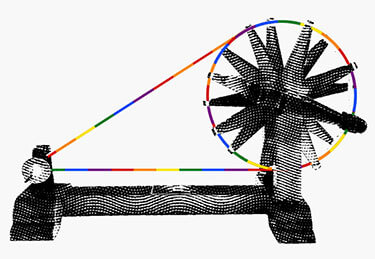
Linguistics
All about the Spectrum of Meaning, Labels and Cultural Memes
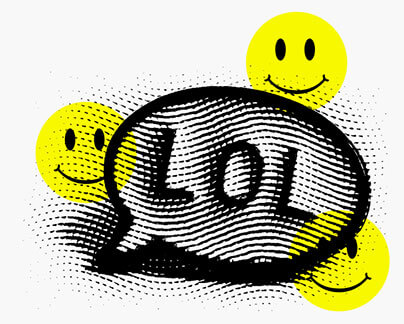
Social Norms
Expectations, Customs, Signalling & Other Societal Contexts
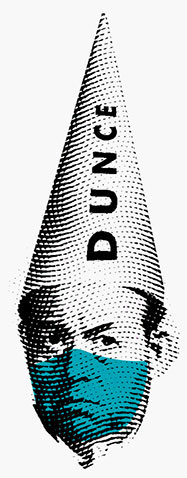
Call of the Era
Evolution of User Behaviour

Trigger States
Context in Hot state vs Cold State

It is a unique lens to map associations of products, brands and experiences with their consumers. Context ArchitectureTM allows for a whole new perspective on problems and opportunities and lets us design contextual, measurable solutions for products, brands and services.
Whether you’re looking to understand your brand from a consumer lens or solve for market, people or products, Context Architecture is a powerful lens to look through.
Take a look at some case studies here.


